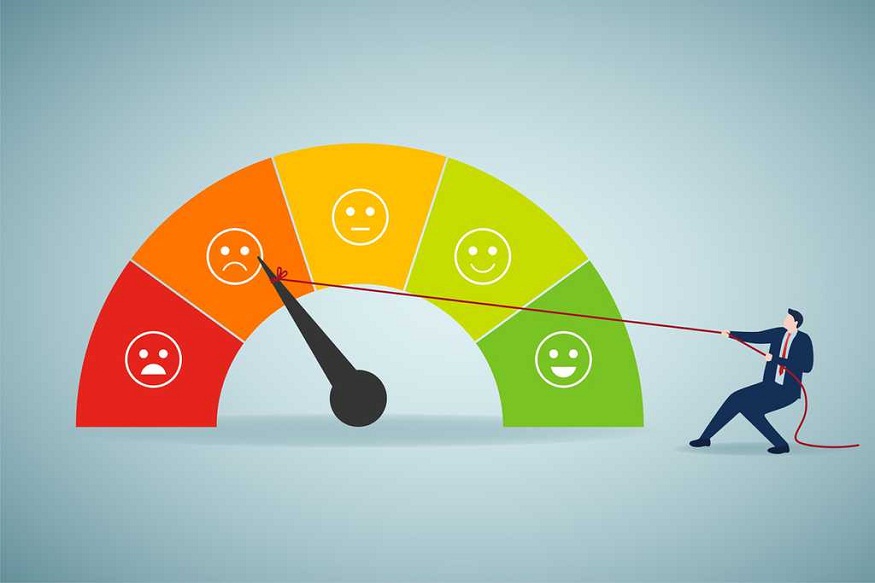How To Increase Your Credit Score
3 min read
Your credit score matters a lot when you obtain a loan. The bank will check your credit score, and then it will consider your loan application. So, a good score enhances the chances of getting a loan or mortgage. Your personal credit profile will determine what steps you take to improve your credit score. Generally speaking, it’s critical to understand the factors that affect your credit score, such as your payment history, amounts owing, length of credit history, credit mix, and new credit. You may raise your credit score in a number of ways, such as by avoiding unnecessary debt, paying off bills, and making on-time payments. It can be challenging to know where to start, though, depending on your situation. The quickest way to raise your credit score depends on your current situation. Knowing the factors that affect your credit score might help you decide what to do. In view of this, here are seven ways to raise your credit score, along with a rough idea of their impact and the time it may take to see improvements.
1. Make On-Time Payments
If you fail to make your payments on time, you won’t be able to enhance your credit. Your credit reports may reflect late payments for a period of seven years.
If you are 30 days or more overdue on a payment, pay the outstanding balance immediately. Next, find out if the creditor is willing to cease reporting the late payment to the credit bureaus by calling or chatting with them online. If this is a one-time event and you have a history of making on-time payments, your chances of success with this strategy are higher.
It’s crucial to update your account as quickly as possible, even if the creditor rejects your request. Your score is negatively impacted by each month that an account is marked delinquent.
Credit Impact: Highly influential. Both the FICO and VantageScore credit scoring systems rely heavily on your payment history.
Time Commitment: Low. Set up account reminders and understand automatic payments to cover at least the minimum to avoid missing payments.
How Quickly It May Work: This changes based on how recently and how many payments you’ve missed. The period of time a payment was overdue—30, 60, 90, or more days—also factors. Fortunately, the effects of past-due payments gradually diminish, and increasing the number of good credit accounts helps hasten this process.
2. Strategically Pay Off Credit Card Balances
Your credit use is the percentage of your credit limits that you are currently using. Use no more than 30% of your credit limit on any card; the lower the better. Credit utilisation is often in the single digits for those with the highest scores.
Your credit score is determined in part by the amount of credit you are using. To keep your amount low, you can either pay it off before the billing cycle finishes or, if your income is inconsistent, make smaller payments over the course of the month. To settle your amount, you may also use gifts, tax refunds, or money from seasonal employment.
3. Request Increased Credit Limits
Your overall credit use is quickly reduced when your credit limit rises while your balance remains unchanged, which can enhance your credit. You’re probably in a strong position to ask for a greater limit if your financial standing has improved, such as with an increase in income or more years of good credit.
4. Dispute Errors in Credit Reports
It’s possible that an error on one of your credit reports is lowering your score. You may swiftly improve your credit by disputing mistakes on your credit report.





